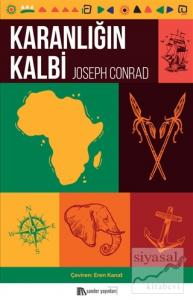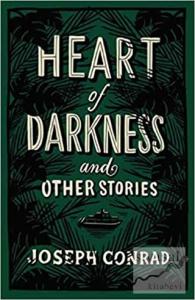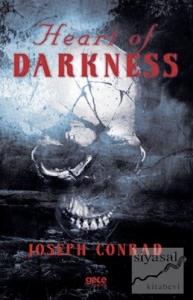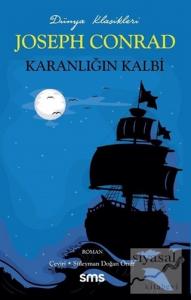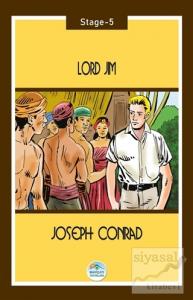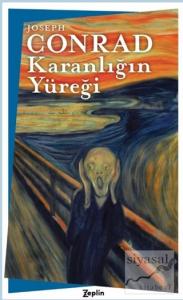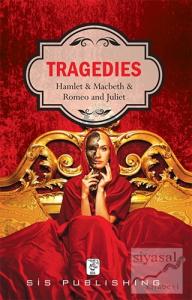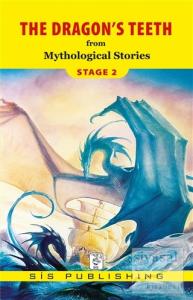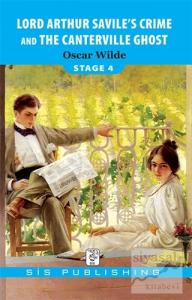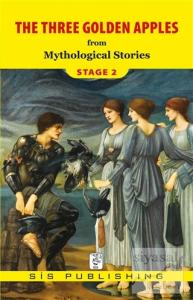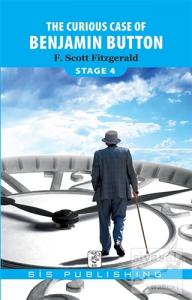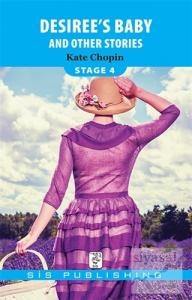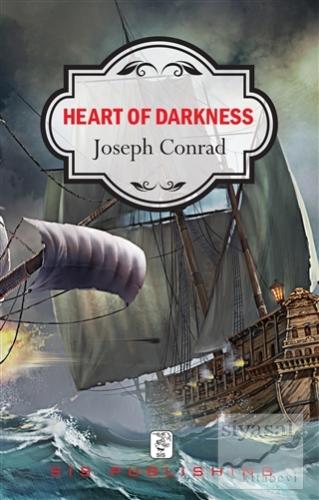
“Droll thing life is that mysterious arrangement of merciless logic for a futile purpose. The most you can hope from it is some knowledge of yourself that comes too late a crop of inextinguishable regrets.” from Heart of Darkness
There is probably nobody who may explain modernism as simple and striking as W.B. Yeats did with his line “Things fall apart. The center cannot hold.” In Heart of Darkness, Joseph Conrad suggests that this is exactly the natural conclusion when man is allowed to behave outside a specific social system of balances and that especially power over human beings corrupts inevitably in such a situation.
Heart of Darkness, Joseph Conrad's masterpiece and one of the best modernist works of the early 19th century, provides the reader with a significant bridge between the Victorian values and the new ideals of modernism, by not only taking us on a dark voyage full of terrors, but also opening our eyes to pure darkness with the last cry “The horror! The horror!”
“Droll thing life is that mysterious arrangement of merciless logic for a futile purpose. The most you can hope from it is some knowledge of yourself that comes too late a crop of inextinguishable regrets.” from Heart of Darkness
There is probably nobody who may explain modernism as simple and striking as W.B. Yeats did with his line “Things fall apart. The center cannot hold.” In Heart of Darkness, Joseph Conrad suggests that this is exactly the natural conclusion when man is allowed to behave outside a specific social system of balances and that especially power over human beings corrupts inevitably in such a situation.
Heart of Darkness, Joseph Conrad's masterpiece and one of the best modernist works of the early 19th century, provides the reader with a significant bridge between the Victorian values and the new ideals of modernism, by not only taking us on a dark voyage full of terrors, but also opening our eyes to pure darkness with the last cry “The horror! The horror!”











